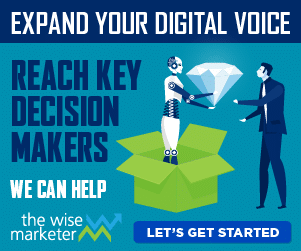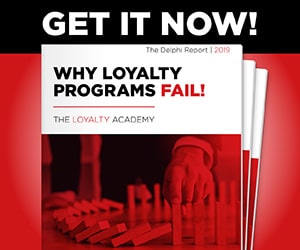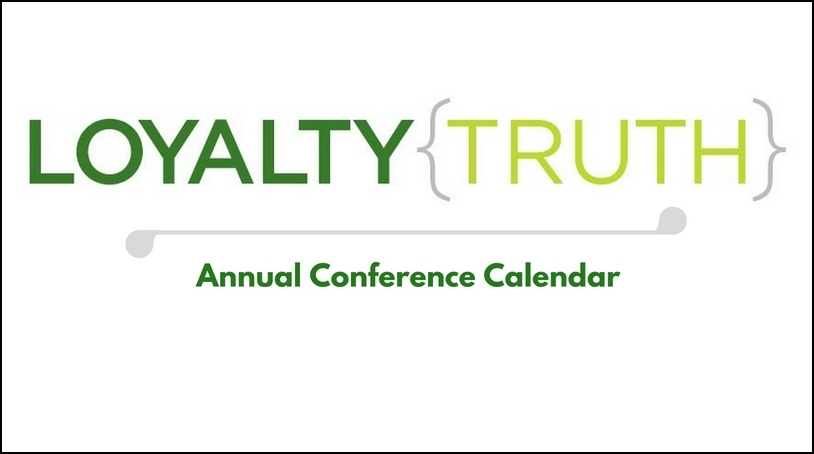If you want to get a sniff of where Location Based Marketing is headed, you have to go where the leaders are and listen. A good friend of Loyalty Truth, Ron Stack attended the Location Based Marketing Summit held recently in New York. Ron is CEO of Zavee.com, a social shopping network based in Boca Raton, Florida. This report was filed by Loyalty Truth with Ron’s help and published first in The Wise Marketer this week.
The conference blended strategic and tactical insights about location-based marketing techniques, and most of the speakers observed that location based marketing is still in its earliest stages, and getting consumers to ‘check in’ digitally is only the beginning of this emerging marketing technique’s possibilities.
The principal strategic focus of the conference, however, was on consumer engagement and how to increase it. Several speakers referred to Forrester’s recent finding that regular use of the ‘check in’ model was still in single-digit percentages, and that consumer awareness of these services wasn’t much higher – a report that has however been disputed at least once.
Either way, with estimates of more than 12 million people playing what consumers will initially consider “the location game”, smartphone penetration reaching 9% of the handset market, and SMS usage covering 95% of all wireless customers, it is clear that almost all consumers can be reached with marketing messages via a mobile handset.
Ian Schafer, CEO for Deep Focus, discussed ways in which marketers could use the technique for more effective marketing, suggesting that it can grow customer loyalty, increase relevance, and provide useful data and insights. He considers the smartphone to be “the next generation loyalty card”, with targeted deals and discounts being available upon check-in (or perhaps even without a digital check-in). By way of example, he highlighted ShopKick, which has a hardware platform that pushes reward currency to the consumer as soon as they enter the merchant’s store (without the consumer even having to check-in or make a purchase).
Overall, it was agreed that location-based applications can at least provide:
- People – other users who might have something in common with the user;
- Content – messages or offers based on what the user likes that is at/near her location;
- Time and Place – targeted, timely messages or offers based on where the user is right now;
- Context – communications based on prior behaviour, as tracked by the location-based device.
The potential of location-based data is that it can drive better business decisions by adding additional dimensions (i.e. time and place, captured over time in real-time) to what is otherwise known about each consumer’s behaviour. One great example cited was the Microsoft Bing ‘Home Turf Finder’ for the World Cup, which identified certain bars in New York City as “home turf” for fans of a particular team. The determinations were based in part on editorial sources such as Thrillist, but were mostly derived from ‘heat maps’ of consumers who had checked in or tweeted their support as well as their location.
Several speakers also noted Google’s recent announcement that 30% of mobile searches and 20% of all internet searches have local intent, and said that all of the major players (e.g. Facebook, Google, and even wireless carriers) were already focusing on local information.
There was also considerable discussion of Groupon, although some panellists expressed doubts that the “deep discount, deal of the day” model provides sustainable customer growth. Speakers agreed, however, that geo-targeting adds value by increasing both relevance and personalisation.
Overall, panellists agreed that there is great demand for marketers to engage with consumers at “the right place and the right time, all the time”. Mobile couponing, despite being a fragmented space, seems to have taken hold. As a result, one area in which technological developments are anticipated is indoor navigation, where GPS signals are sometimes degraded and are not designed to be accurate enough for navigation within a store.
Finally, the issue of consumer privacy arose in almost every session. John Nicholson of law firm Pillsbury Winthrop Shaw Pittman concluded that “the more value a marketer delivers, the more information a consumer is likely to share”, and that an application that seems to exist only for marketing purposes is unlikely to gain the consumer’s trust.
Editor’s note: My thanks to Ron Stack for filing this report and for pushing the envelope on customer loyatly, bringing local merchants into the game with Zavee.com.




